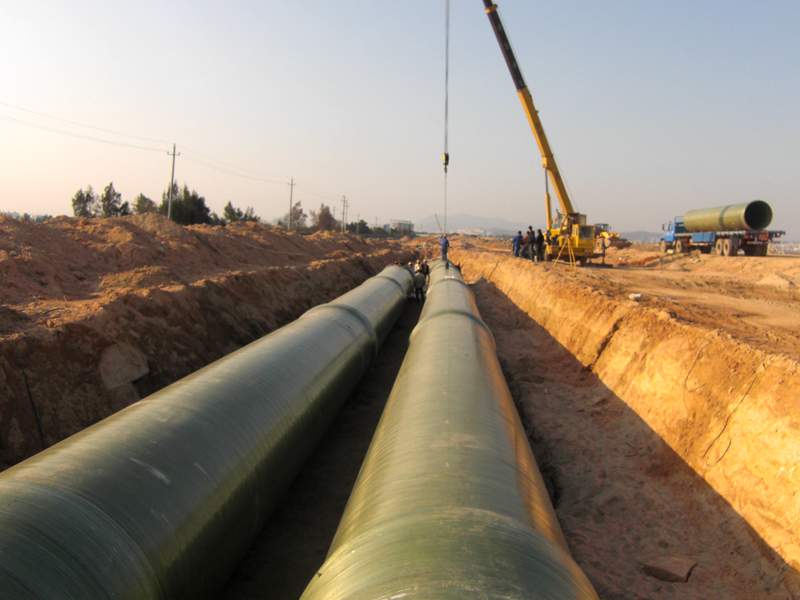
-
 Afrikaans
Afrikaans -
 Albanian
Albanian -
 Amharic
Amharic -
 Arabic
Arabic -
 Armenian
Armenian -
 Azerbaijani
Azerbaijani -
 Basque
Basque -
 Belarusian
Belarusian -
 Bengali
Bengali -
 Bosnian
Bosnian -
 Bulgarian
Bulgarian -
 Catalan
Catalan -
 Cebuano
Cebuano -
 China
China -
 China (Taiwan)
China (Taiwan) -
 Corsican
Corsican -
 Croatian
Croatian -
 Czech
Czech -
 Danish
Danish -
 Dutch
Dutch -
 English
English -
 Esperanto
Esperanto -
 Estonian
Estonian -
 Finnish
Finnish -
 French
French -
 Frisian
Frisian -
 Galician
Galician -
 Georgian
Georgian -
 German
German -
 Greek
Greek -
 Gujarati
Gujarati -
 Haitian Creole
Haitian Creole -
 hausa
hausa -
 hawaiian
hawaiian -
 Hebrew
Hebrew -
 Hindi
Hindi -
 Miao
Miao -
 Hungarian
Hungarian -
 Icelandic
Icelandic -
 igbo
igbo -
 Indonesian
Indonesian -
 irish
irish -
 Italian
Italian -
 Japanese
Japanese -
 Javanese
Javanese -
 Kannada
Kannada -
 kazakh
kazakh -
 Khmer
Khmer -
 Rwandese
Rwandese -
 Korean
Korean -
 Kurdish
Kurdish -
 Kyrgyz
Kyrgyz -
 Lao
Lao -
 Latin
Latin -
 Latvian
Latvian -
 Lithuanian
Lithuanian -
 Luxembourgish
Luxembourgish -
 Macedonian
Macedonian -
 Malgashi
Malgashi -
 Malay
Malay -
 Malayalam
Malayalam -
 Maltese
Maltese -
 Maori
Maori -
 Marathi
Marathi -
 Mongolian
Mongolian -
 Myanmar
Myanmar -
 Nepali
Nepali -
 Norwegian
Norwegian -
 Norwegian
Norwegian -
 Occitan
Occitan -
 Pashto
Pashto -
 Persian
Persian -
 Polish
Polish -
 Portuguese
Portuguese -
 Punjabi
Punjabi -
 Romanian
Romanian -
 Russian
Russian -
 Samoan
Samoan -
 Scottish Gaelic
Scottish Gaelic -
 Serbian
Serbian -
 Sesotho
Sesotho -
 Shona
Shona -
 Sindhi
Sindhi -
 Sinhala
Sinhala -
 Slovak
Slovak -
 Slovenian
Slovenian -
 Somali
Somali -
 Spanish
Spanish -
 Sundanese
Sundanese -
 Swahili
Swahili -
 Swedish
Swedish -
 Tagalog
Tagalog -
 Tajik
Tajik -
 Tamil
Tamil -
 Tatar
Tatar -
 Telugu
Telugu -
 Thai
Thai -
 Turkish
Turkish -
 Turkmen
Turkmen -
 Ukrainian
Ukrainian -
 Urdu
Urdu -
 Uighur
Uighur -
 Uzbek
Uzbek -
 Vietnamese
Vietnamese -
 Welsh
Welsh -
 Bantu
Bantu -
 Yiddish
Yiddish -
 Yoruba
Yoruba -
 Zulu
Zulu
fiberglass rectangular tank
The Advantages of Fiberglass Rectangular Tanks
Fiberglass rectangular tanks have emerged as a popular choice for various applications, from aquaculture to industrial storage. Their unique composition and design offer numerous benefits, making them an attractive alternative to traditional materials like metal or concrete. This article explores the key advantages and applications of fiberglass rectangular tanks.
Durability and Longevity
One of the primary benefits of fiberglass rectangular tanks is their exceptional durability. Made from a combination of glass fibers and resin, these tanks are resistant to corrosion, rust, and degradation, even in harsh environments. Unlike metal tanks, which can suffer from rust and other related issues, fiberglass tanks maintain their integrity over time. This durability translates into a longer lifespan, reducing the need for frequent replacements and thereby providing long-term cost savings.
Lightweight and Easy to Handle
Fiberglass tanks are significantly lighter than their concrete or metal counterparts. This lightweight nature makes them easier to transport and install, reducing labor costs and installation time. For industries where mobility is essential, such as aquaculture, this feature is especially beneficial. The ease of handling ensures that operators can move and set up tanks in various configurations as needed, enhancing operational flexibility.
Cost-Effective Solution
While the initial investment in a fiberglass rectangular tank may be higher than that of traditional materials, the long-term savings often outweigh the upfront costs
. The durability and low maintenance requirements of fiberglass tanks lead to reduced operational costs. Additionally, their resistance to chemical reactions means that they can safely hold a wide range of liquids without requiring special coatings or linings, providing further savings over time.fiberglass rectangular tank

Customizable Designs
Fiberglass tanks offer a high degree of customization. Manufacturers can design tanks in various dimensions, shapes, and capacities, making it easy to find a solution that perfectly fits specific needs. Whether it’s for rainwater harvesting, wastewater treatment, or agricultural uses, fiberglass rectangular tanks can be tailored to meet precise specifications. This customization ensures optimal use of space and resources.
Environmental Friendliness
With growing concerns about environmental sustainability, fiberglass rectangular tanks present an eco-friendly option. Their long lifespan reduces waste, and they can be manufactured using recycled materials. Furthermore, fiberglass does not leach harmful chemicals into the environment, making it a safer choice for storing sensitive liquids, such as potable water or chemicals.
Versatility in Applications
The versatility of fiberglass rectangular tanks is another significant advantage. They are suitable for various applications, including water storage, chemical containment, and aquaculture. Their ability to withstand different temperatures and chemical compositions allows industries to utilize them in diverse environments without the risk of damage.
Conclusion
In summary, fiberglass rectangular tanks offer a multitude of advantages, including durability, lightweight construction, cost-effectiveness, customizability, environmental friendliness, and versatility. As industries continue to seek efficient and sustainable solutions, these tanks are proving to be an ideal choice for a wide range of applications, ultimately contributing to operational efficiency and environmental preservation. Whether for commercial or industrial use, investing in fiberglass rectangular tanks can yield significant benefits for businesses looking to enhance their operational capabilities.









